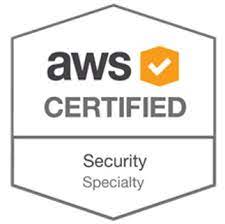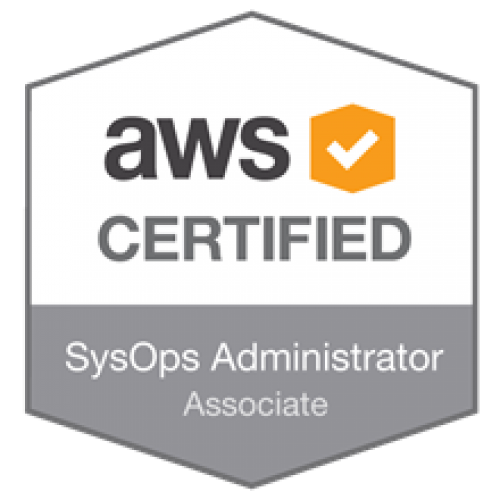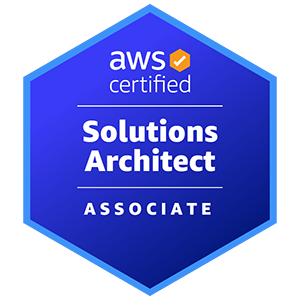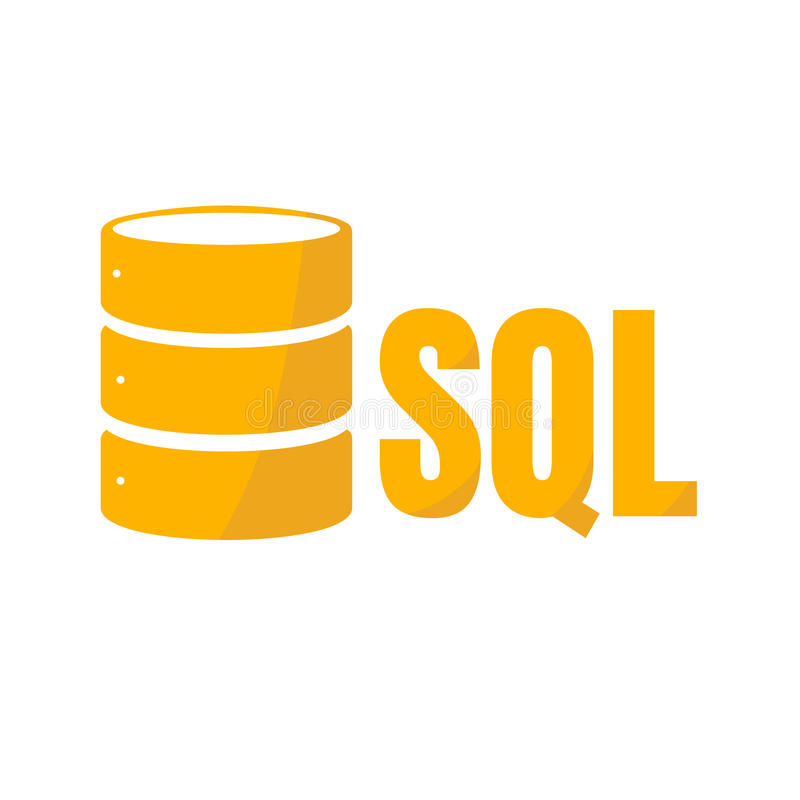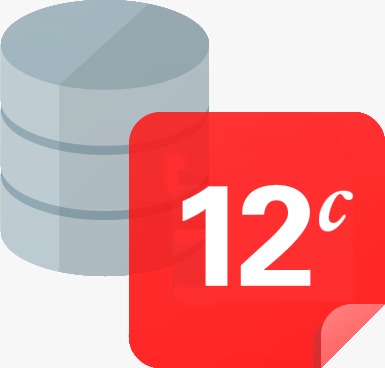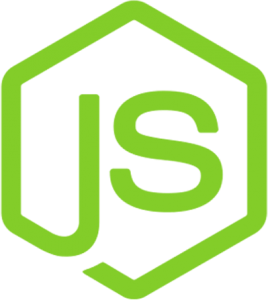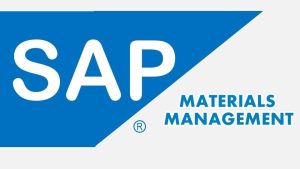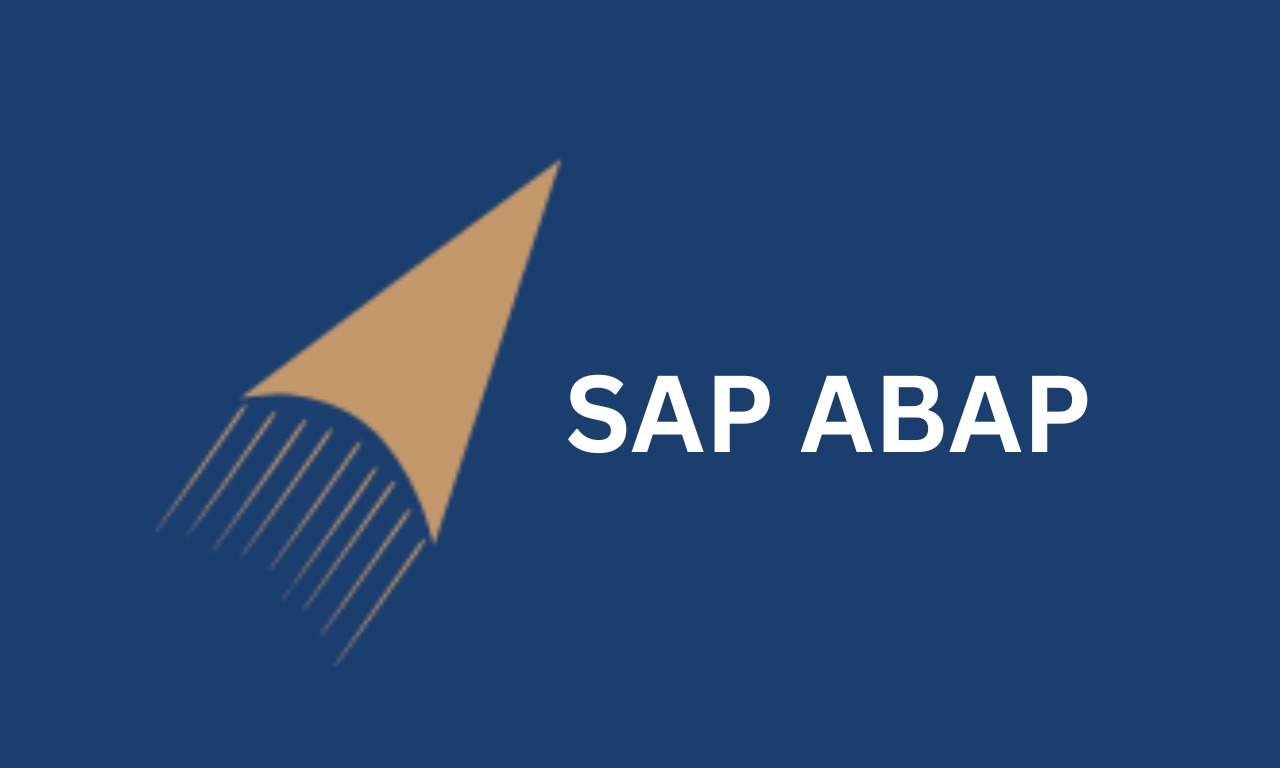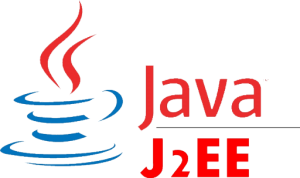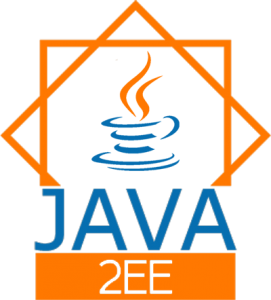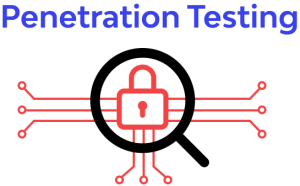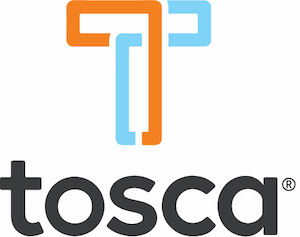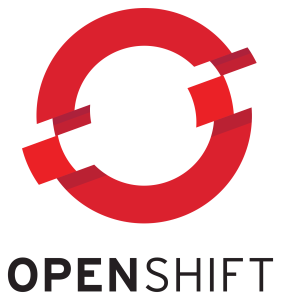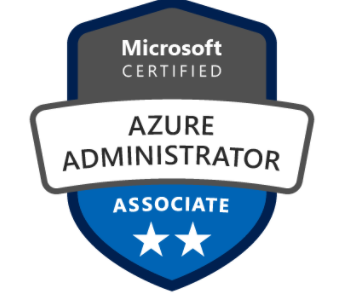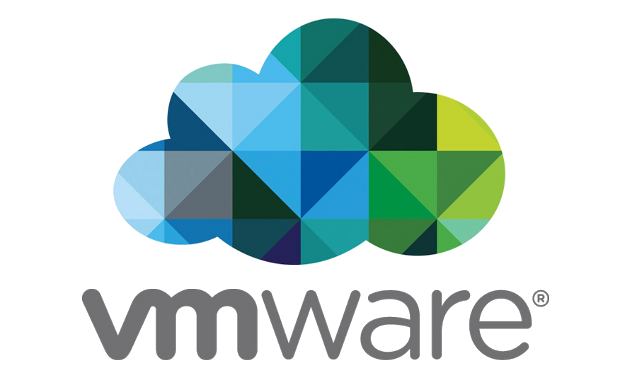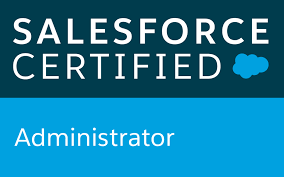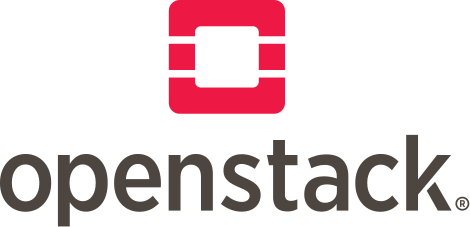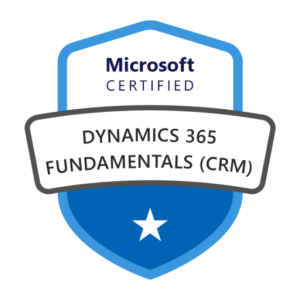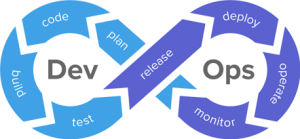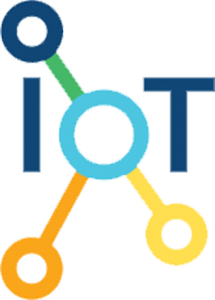Aws DevOps Training in Chennai
Are you looking for a way to get AWS DevOps Certified? Well, you’ve come to the right place. BITA offers AWS DevOps Training in Chennai, enabling you to build experience in the AWS and DevOps areas, facilitating you to become an AWS DevOps certified professional. Through this online and offline program, our professional experts emphasize the essential ideas of Cloud Computing, Cloud Formation, database storage and services, VPC, application service, Code Commit, Ops Work, Machine Learning, Amazon S3, Amazon Elastic Compute Cloud, AWS service and performance optimization, and code-level application security implementation and more. Under the leadership of real-world DevOps professionals, you will become proficient with primary DevOps tools such as Jenkins, Docker, Ansible, Puppet, Git, Nagios, and Kubernetes by the end of this DevOps Training program.
What is DevOps?
DevOps is a set of cultural concepts, practices, and technologies that improves an organization’s capacity to produce high-velocity applications and services, allowing it to develop and enhance products faster than traditional software development and infrastructure management methods. Organizations can better service their clients and compete in the market because of this quickness.
How does DevOps Work?
Development and operations teams are no longer “constructs” in a DevOps architecture. These two teams are sometimes combined into a single team where the engineers work across the whole application lifecycle, from development and testing to deployment and operations, and develop diverse abilities that aren’t limited to a particular role.
Quality assurance and security teams could become more closely linked with development and operations and throughout the application lifecycle in some DevOps models. When everyone in a DevOps team is engaged in security, this is referred to as DevSecOps.
These groups employ best practices to automate tedious and time-consuming operations. They employ a technological stack and tools to swiftly and reliably operate and evolve apps. These tools also enable engineers to do activities (such as deploying code or supplying infrastructure) without the assistance of other teams, increasing a team’s velocity even more.
Advantages Of DevOps
- Speed: Move at a high rate to provide better customer service, better adapt to changing markets, and become more effective at delivering business results. Your developers and operations teams can achieve these goals using the DevOps paradigm. Microservices and continuous delivery, for example, enable teams to assume ownership of services and deploy updates more quickly.
- Prompt Delivery: Increase the number of releases and the speed with which they are released to innovate and upgrade your product more quickly. The faster you can deploy new features and solve defects, the better you’ll be able to adapt to client requests and gain a competitive advantage. Continuous integration and delivery are software release strategies that automate the process from build to deployment.
- Reliability: Ensure the quality of application updates and infrastructure modifications so you can deliver at a faster rate while still providing a great customer experience. To ensure that each change is functional and safe, use continuous integration and delivery approaches. Practices such as monitoring and logging allow you to keep track of performance.
- Scale: At scale, manage and operate your infrastructure and development processes. Automation and consistency aid in the practical and risk-free management of complex or changing systems. Infrastructure as code, for example, makes it easier to manage your development, testing, and production environments predictably and efficiently.
- Security: Maintain control and maintain compliance while moving swiftly. You may adopt a DevOps paradigm without sacrificing security using automated compliance standards, fine-grained controls, and configuration management approaches. You may create and track compliance at scale using infrastructure and policy as code.
Roles and Responsibility of AWS DevOps Engineer
- The goal of an AWS DevOps engineer’s scope of work is to ensure that software defects are reduced to a minimum and that the time between patches is as short as possible. A DevOps engineer can assist in alleviating the restrictions of the traditional waterfall model. Many technologies can aid the building of automated CI/CD pipelines for development, testing, and deployment.
- A professional that understands the Software Development Lifecycle is an AWS DevOps engineer. They also have an in-depth understanding of various automation tools for creating digital pipelines. The AWS DevOps engineer would have to cooperate with the IT team and developers to monitor the code releases.
- They are usually programmers with experience in deployment and network management. AWS DevOps engineers, on either hand, could be system administrators with a talent for coding and scripting. DevOps engineers in this capacity could work on optimizing testing and deployment plans.
- People in DevOps evangelist jobs are assuring DevOps strategy implementation in end-to-end product development. They are also in charge of identifying various ways to improve the present architecture. While assuring architecture improvement, a DevOps evangelist must keep track of various automation technologies and talents. They’re also overseeing other DevOps positions and ensuring that the team operates at peak efficiency.
- They must integrate new or updated features into the existing architecture as a Release Manager. The release manager is responsible for product coordination and management from development through deployment. Depending on the scope of the projects, many release managers may be necessary.
- An Automation Specialist is one of the most well-known AWS DevOps engineer roles. DevOps engineers must determine which aspects may be automated. They’re also looking for ways to connect one product stack to another. Analysis, design, and execution of continuous deployment strategies are among the various tasks performed by an automation expert or integration specialist. Most importantly, automation experts should ensure that production and pre-production systems are always available.
- As an AWS DevOps engineer, the most fundamental duty is that of a Software Developer or Tester. This role includes traditional programmers and coders. However, unit testing, deployment, and continuous monitoring are now included in the scope of duties.
- Security Engineer and Quality Assurance Specialist are the other two critical jobs for AWS DevOps Engineers. Quality assurance professionals examine a product’s functioning and work to improve the performance of each feature. Security engineers are in charge of integrating security measures throughout the development process. They also keep track of system performance and pinpoint downtimes and their causes.




